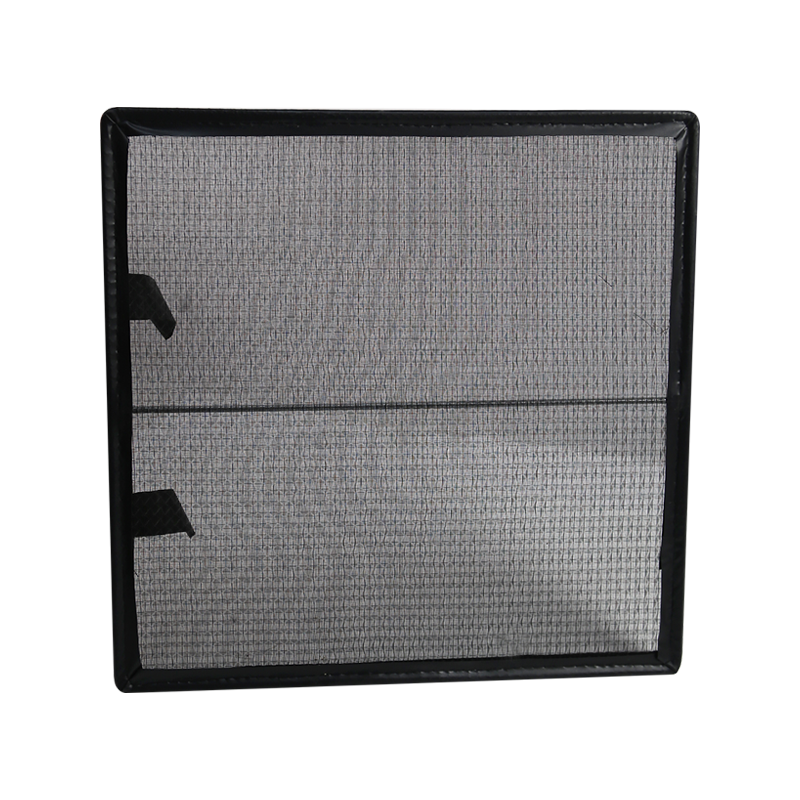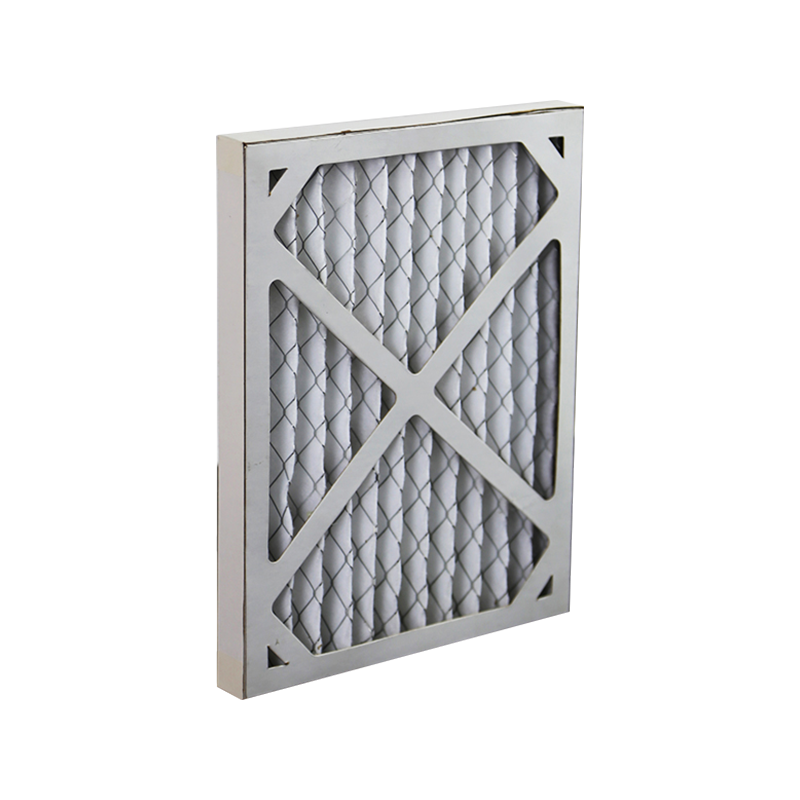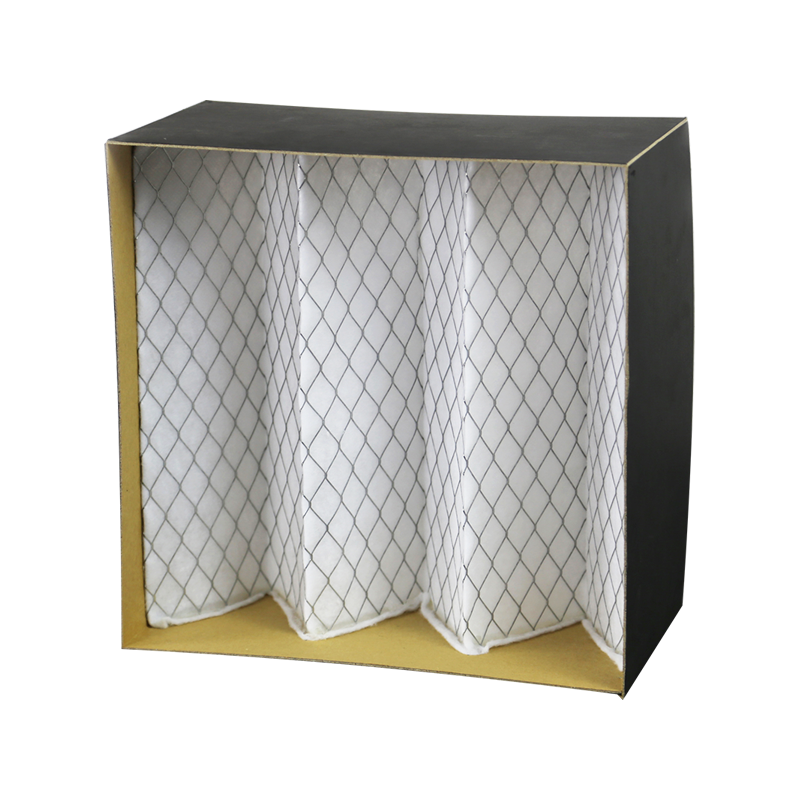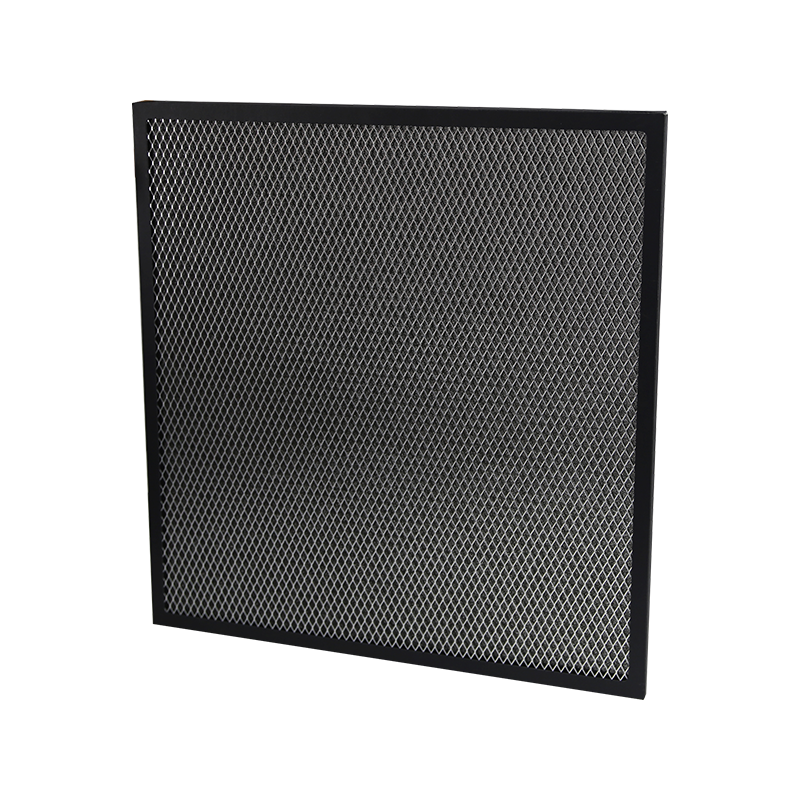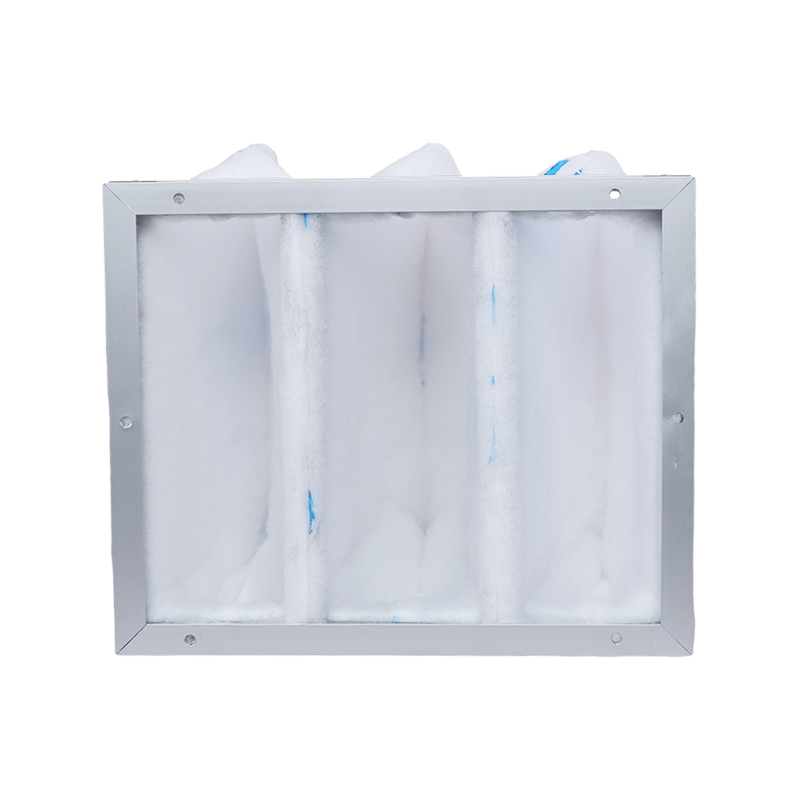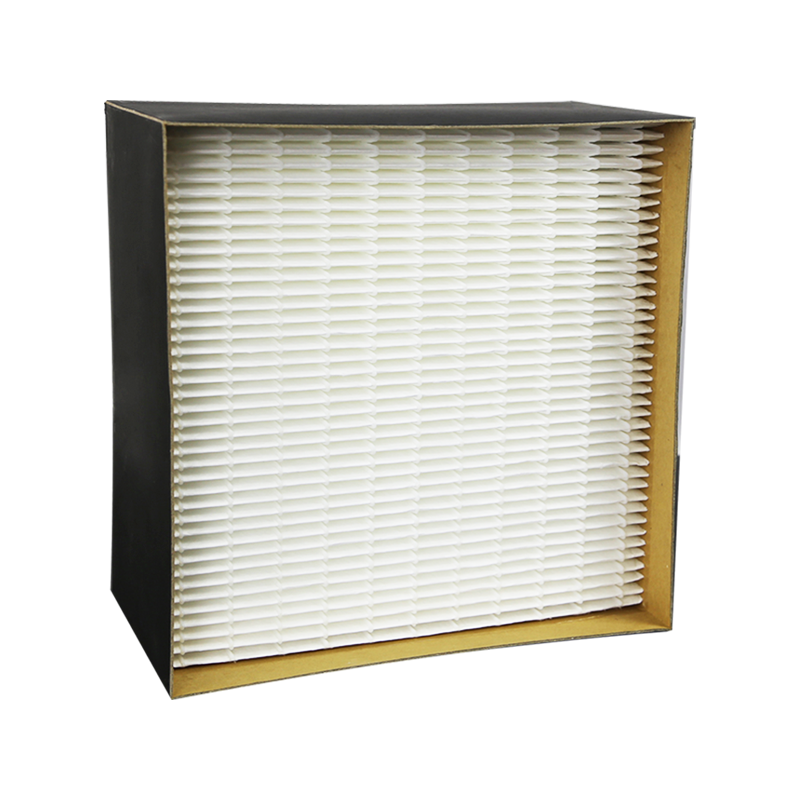From solutions to productions, we’re specialized in making the products you need.
News categories
Product categories
What Are HEPA Filters and Why Are They Essential for Clean Air?
In today’s increasingly polluted environments—both indoors and outdoors—air quality has become a top priority for homes, offices, hospitals, and industrial facilities. One of the most trusted technologies for purifying air is the HEPA filter. But what exactly is a HEPA filter? How does it work, and why is it considered such a vital component in modern air filtration systems?
What Is a HEPA Filter?
HEPA stands for HighEfficiency Particulate Air. A HEPA filter is a type of mechanical air filter designed to capture extremely small particles from the air, including dust, pollen, mold spores, bacteria, and even some viruses. For a filter to be labeled "true HEPA," it must meet specific performance standards—most notably the ability to remove at least 99.97% of airborne particles that are 0.3 microns in diameter.
The 0.3micron size is considered the "most penetrating particle size" (MPPS), meaning it's the hardest to trap. If a filter can catch particles of that size effectively, it’s even better at catching larger and smaller particles.
How Do HEPA Filters Work?
HEPA filters consist of a dense mat of randomly arranged fibers, typically made from fiberglass or synthetic materials. Unlike ordinary filters that rely solely on sieving, HEPA filters use multiple particlecapturing mechanisms:
1. Inertial Impaction: Larger particles collide with the fibers and stick to them.
2. Interception: Mediumsized particles follow air streams but brush against the fibers and are captured.
3. Diffusion: Very small particles move erratically (Brownian motion) and are more likely to collide with and adhere to fibers.
This layered trapping method allows HEPA filters to capture a wide range of airborne pollutants without restricting airflow too much.
Where Are HEPA Filters Used?
HEPA filters are found in a wide range of settings, from consumer appliances to critical cleanroom environments. Common applications include:
1. Home Air Purifiers
HEPA filters are a key component in household air purifiers, helping remove allergens like dust mites, pet dander, and mold.
2. Vacuum Cleaners
Highefficiency vacuum cleaners often use HEPA filters to prevent fine dust from being released back into the room during cleaning.
3. HVAC Systems
Some commercial and residential heating and cooling systems include HEPA filtration to improve indoor air quality.
4. Medical Facilities
In hospitals and clinics, HEPA filters are essential in surgical theaters, isolation rooms, and cleanrooms to prevent airborne infections.
5. Aircraft and Transportation
Many airplanes and highend vehicles use HEPA filters to purify cabin air and improve passenger safety and comfort.
6. Laboratories and Industrial Settings
Cleanrooms in semiconductor, pharmaceutical, or biotech industries rely on HEPA filtration to maintain contaminationfree environments.
What Are the Benefits of Using HEPA Filters?
HEPA filters offer several key advantages, which make them a preferred choice in air purification systems:
Superior Filtration Efficiency: Their ability to capture up to 99.97% of ultrafine particles ensures cleaner air.
Health Protection: They significantly reduce exposure to allergens, pollutants, and pathogens, making them essential for allergy and asthma sufferers.
Improved Air Quality: By removing particulate matter, HEPA filters create a cleaner and more breathable indoor atmosphere.
NonToxic and Safe: HEPA filters do not emit ozone or other harmful byproducts, unlike some electronic air purifiers.
Regulatory Compliance: In many healthcare and manufacturing settings, using HEPA filters is a standard requirement to meet safety and hygiene regulations.
Are All HEPA Filters the Same?
Not exactly. While the term "HEPA" implies high performance, it’s important to distinguish between true HEPA filters and HEPAtype or HEPAlike filters. Only true HEPA filters meet the 99.97% at 0.3micron standard. HEPAtype filters may look similar but don’t always meet the same level of efficiency. Consumers should check product specifications and certifications before purchasing.
Do HEPA Filters Remove Odors or Gases?
No, HEPA filters are designed to remove solid airborne particles, not gases or odors. To address those, many air purification systems combine HEPA filters with activated carbon filters, which are effective at absorbing volatile organic compounds (VOCs), smoke, and odors.
How Often Should HEPA Filters Be Replaced?
The lifespan of a HEPA filter depends on its usage, environment, and manufacturer specifications. On average, a HEPA filter should be replaced every 6 to 12 months, but in environments with high levels of dust or pollutants, more frequent replacement may be necessary. Clogged or dirty filters reduce air flow and filtration effectiveness.
Some systems include filter replacement indicators to alert users when a change is due. Regular maintenance ensures optimal performance and prolongs the life of the equipment.
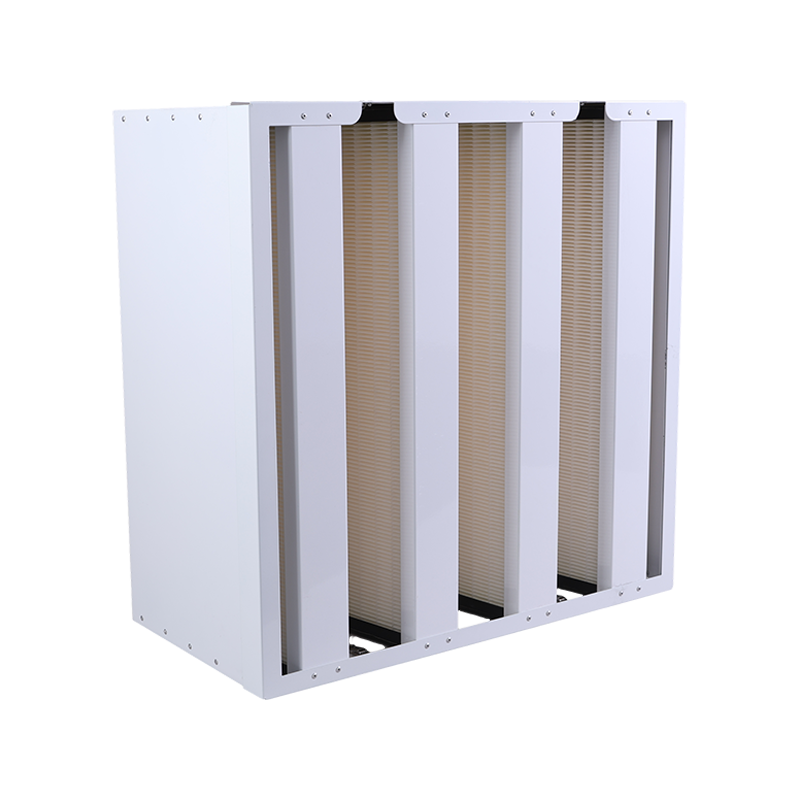
Are HEPA Filters EcoFriendly?
HEPA filters themselves are not typically biodegradable, as they are made from synthetic or fiberglass materials. However, their ability to reduce airborne contaminants helps improve human health and indoor environments. Some manufacturers are now developing recyclable or biodegradable alternatives, but they are not yet widely available.
Conclusion
HEPA filters have become an indispensable part of modern air purification systems. Whether in homes, hospitals, vehicles, or industrial facilities, they provide an effective defense against harmful airborne particles that affect our health and wellbeing.
By understanding what HEPA filters are, how they work, and where they can be applied, consumers and professionals alike can make informed decisions about improving indoor air quality. As air pollution and respiratory concerns continue to rise, investing in highquality HEPA filtration is not just a smart choice—it’s a vital one for cleaner, safer, and healthier living spaces.
Mini Pleated HEPA Air Filters: Compact Powerhouses for Cleaner, Healthier Indoor Air
What Are Primary Air Filters? Understanding Their Role, Types, and Benefits
related products
Copyright 2023 Nantong Henka Environment Solutions Co.,Ltd. All Rights Reserved


 English
English русский
русский Español
Español 简体中文
简体中文
